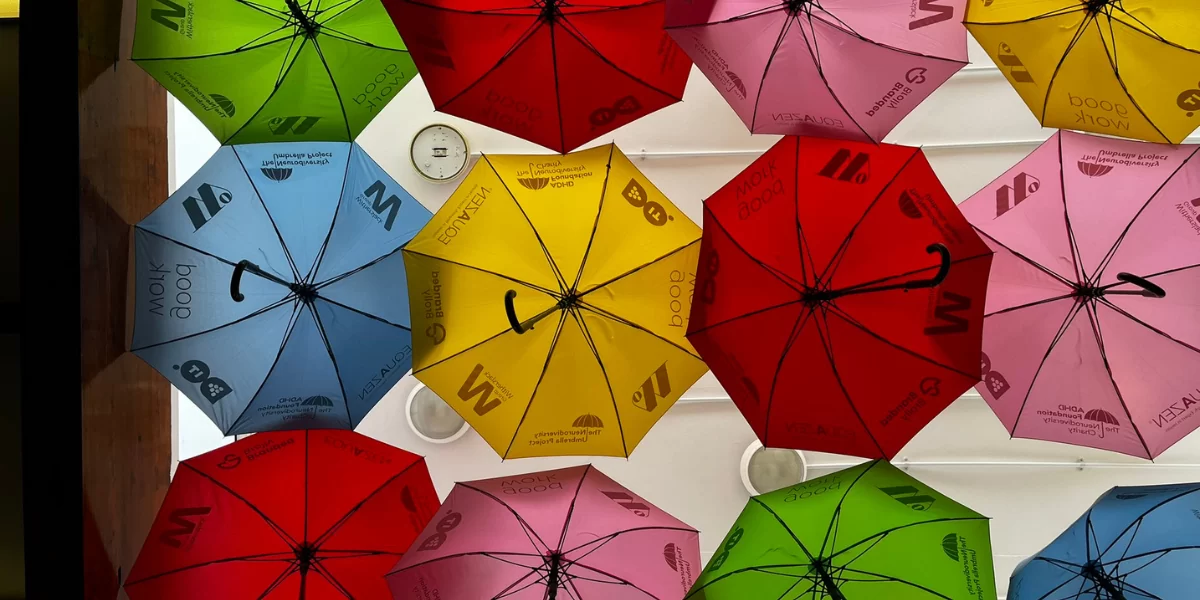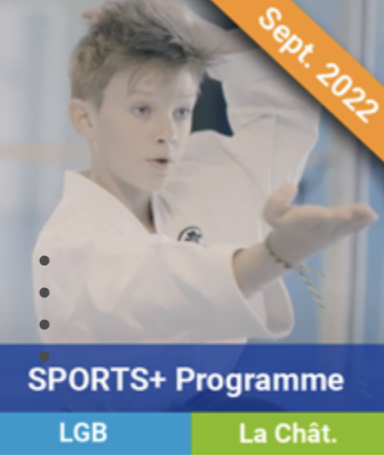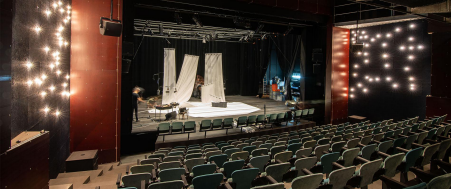By Sophia Lashmar, Year 12
Next week will mark an important new addition to Ecolint’s calendar, and that is the celebration of Neurodiversity week! Celebrating Neurodiversity Week at school is imperative to increasing exposure, awareness and education on what neurodiversity is and how to work on acceptance and inclusion.
Speaking of education, the first step to awareness is knowing the appropriate vocabulary to use. In case you didn’t already know, neurotypical and neurodiversity are words that describe the range of different ways in which some people experience, learn and interact with the world. When understanding and using these words as descriptors and assets, we increase acceptance and inclusion of all people at the same time as embracing their neurological differences.
I had the opportunity to interview three of LGB’s ESP and Learning Centre teachers to hear their thoughts on neurodiversity week and to learn a bit more about what will be happening to celebrate and commemorate the first of many neurodiversity celebrations at LGB.
As part of the celebration, kids will walk in on Monday 18th of March to begin the week with a display of upside down colourful umbrellas in different parts of the campus, to represent neurodiversity. The umbrellas are meant to be hanging everywhere, as they’re a visual to celebrate neurodiversity across the population everywhere, all of us, whether you’re in Learning Support, the Extended Support Programme or neither! There will also be a speaker who will present on Friday March 15 at 13.30 at the CDA to talk with Y9 and 10 about autism and neurodiversity, Michael Barton (https://www.michaelbarton.org.uk/). This week is truly an opportunity to celebrate how we are all unique in the way we think, although some people are much more divergent than others.
As part of its role to organise and publicise events on campus, Stuco is helping to organise a flash mob at school, and there will be songs playing in the cafeteria to mark the celebrations. In Mentor classes, there will also be sessions for students to go through that will explain different types of learning difficulties like autism, attention deficit, dyslexia and dyspraxia.
Apart from just involving students, there’s lots of ways that parents in the LGB community can also get involved; there will be lots of online workshops available for free for parents and teachers for a whole week so that they can also engage in this education. Furthermore, Ms. Bilek will be organising a coffee morning for parents of neurodivergent children so that parents can chat together and share experiences.
As a school, Ecolint is working harder than ever before to include all of its students where it can, including at the BDN! Before Neurodiversity Awareness Week, the three Ecolint Stucos organised for a sensory neutral space at the BDN, so that any students needing a break from the noise, crowds and lights at BDN will have an opportunity to go to a calm space, without being excluded from the night altogether! This is the first time anything like this has been organised at the BDN, and hopefully this will make it a more inclusive and fun night for all students. The school is really trying to highlight neurodiversity and highlight inclusion, in order for us to go from awareness to acceptance, which is absolutely essential.
Neurodiversity Week will be very visible to students, and the purpose of making it as such is to try and start some conversations. It’s a bid to get students talking about what neurodiversity is, and to help them understand that it’s not a bad word, it’s a very accepted word. What we need to focus on now as a community is to show our behaviours to be matching the acceptance of the word.
During the interview, I raised the concern that neurodiversity is not a word that many students are using at the moment, and that it’s vital to have the appropriate vocabulary in order to have awareness and acceptance.
As explained to me by one of the ESP teachers, Ms. Pitteloud, “what our students are undergoing every day is that some language is being used in a negative way, while in fact, these are just words that represent who they are. For instance, when kids are saying to each other “stop acting so autistic”, the word autistic is who they are, not at all a negative word. We’re now in the awareness phase, because a lot of it is a lack of knowledge, a lack of understanding, a lack of being taught what neurodiversity is.”
What you might not already know is that a large percentage of us are neurodiverse – around 20% of every class cohort is on the accommodations list (meaning extra time or a computer in exams), because they have a neurodiverse diagnosis. It should be noted that 20% is quite a considerable part of the population, but this is just part of the makeup of Ecolint students, so we want to celebrate this, raise awareness about it and start meaningful conversations.
There’s still too much ignorance and inappropriate behaviour around neurodiversity, so that’s what we’re trying to raise awareness about and deconstruct. There’s already a lot of awareness on other types of diversity, and so we want to make a point that neurodiversity is also just as important!
It’s highly important to acknowledge that being neurodiverse is not something negative, it should really be celebrated, just like everyone should be celebrated! This isn’t just an affirmation, it’s the truth, especially in the business world, where some companies actively look for people with a different kind of mind, because they come in with assets, and so being neurodivergent is just thinking outside the box, and having different needs. Look no further than the arts to realise that out of the best creatives in the world, many or even most of them are neurodivergent, because they have this ability to think outside the box!
If you’re interested in learning more, neurodiversity is also being celebrated in literature, books, Netflix shows and reality shows, which truly demonstrates that it’s part of our culture, and is becoming completely normalised.
Finally, the most important role that our school can play is to reinforce this message to students by celebrating Neurodiversity Week, and being aware and accepting of neurodiversity throughout the school year to support the entire student body.
A special thanks to Ms. Couet, Ms. Bilek and Ms. Van Geffen for their time and thoughts during our interview and for their dedication to raising awareness about Neurodiversity Week!
For all students, the ESP and Learning Center will be open to all students who wish to visit and chat during the morning breaks from Tuesday March 19 to Friday March 22. (There will be free snacks on offer as well!)



